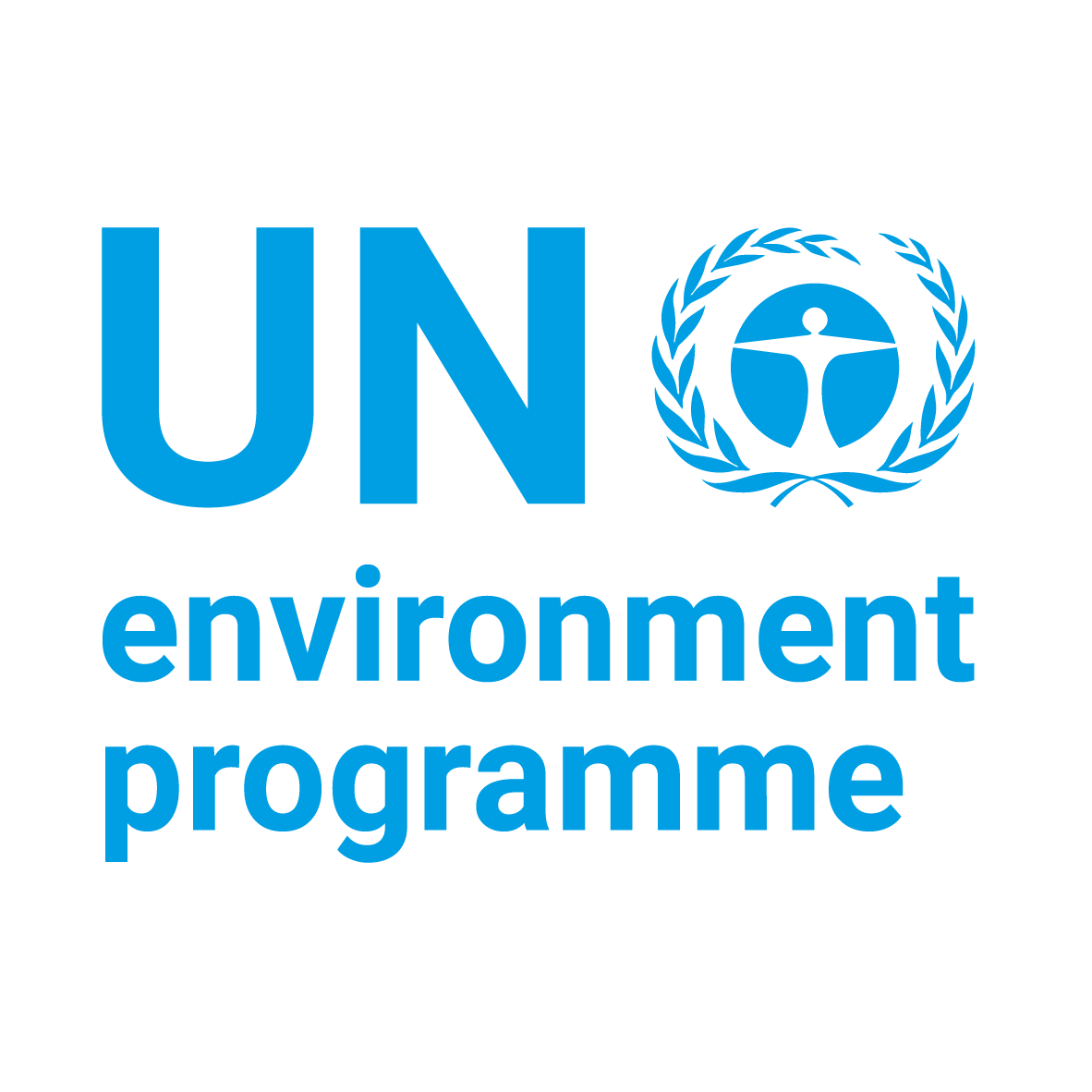The majority of the rural poor rely heavily on their local environments to provide basic necessities like water, food and energy. These vital resources provide the backbone of many rural livelihoods and their stability is key to securing the wellbeing of their entire communities.
Disasters and food insecurity are directly interconnected. They interrupt market access, trade and food supply, reduce income, deplete savings and erode livelihoods. Drought, plant pests and diseases, animal diseases and food contamination have a direct economic impact by reducing farm production, by adversely affecting prices, trade, and market access and by decreasing farm income and employment. Economic crises such as soaring food prices reduce real income, force the poor to sell their assets, decrease food consumption, and reduce their dietary diversity and access to safe and quality food. Disasters create poverty traps that increase the prevalence of food insecurity and malnutrition.
Disaster risk reduction is about protecting people’s livelihoods from shocks, and strengthening their capacity to absorb the impact of, and recover from, disruptive events. It is a necessary ingredient for food and nutrition security. Furthermore it also creates a multiplier effect that accelerates the eradication of extreme poverty and hunger.
WHO SHOULD ATTEND?
This course is intended for various actors in the Agriculture Extension (Agricultural extension officers, senior agricultural officials and policy makers) working with communities, in governments, funding agencies, Research organizations and non-government organizations among others for Agriculture support activities and other Development programmes.







